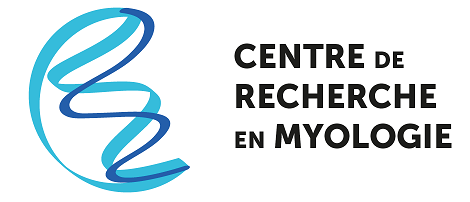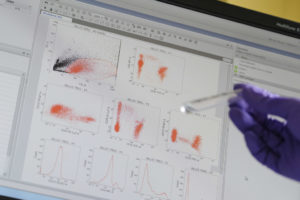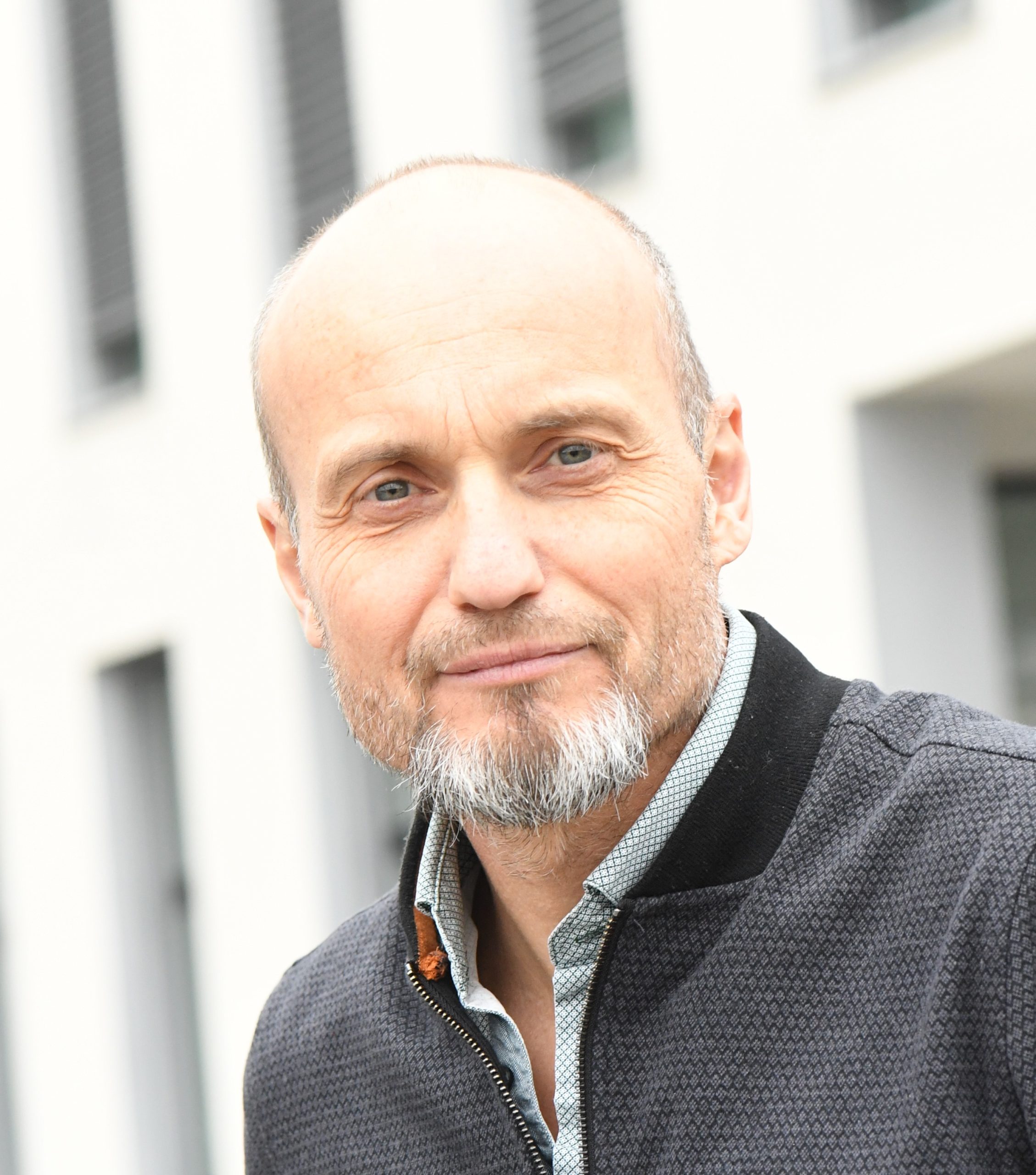Measuring fatigability in clinical populations: is it relevant?
Guillaume Millet
Professor at Jean Monnet University (Saint-Etienne, France)
Leader of the ActiFS academic chair
Senior member of the Institut Universitaire de France 2019
Director of the inter-university Laboratory of Human Movement Biology in 2020
More info on Guillaume Millet’s
Website
Lab website
Twitter @kinesiologui
Summary
This seminar will start by a presentation of some recent methodological development that aims at measuring neuromuscular (NM) fatigue in clinical populations, e.g. an innovative ergometer that can switch from cycling to isometric mode within 1 s or the relevance of assessing NM fatigue in dynamic mode. Throughout examples in multiple sclerosis, cancer and Covid-19 patients, the main part of this talk will be dedicated to the discussion of the potential link between a deteriorated resistance to NM fatigue due to exercise and the subjective feeling of chronic fatigue in patients. We will conclude by showing that there is a need for tailoring training interventions to fatigue etiology (NM fatigue resistance, sleep disorders, inflammation, cardiorespiratory fitness, etc.), which further emphasizes the importance of properly determining the causes of fatigue.
Biosketch
Dr. Guillaume Millet received his PhD in Sport Sciences in 1997 and has since held various academic positions in France, including a 4-year full-time research contract at INSERM. In 2013, he moved to the University of Calgary within the Faculty of Kinesiology, where he directed a research team of ~15 trainees, the Neuromuscular Fatigue Lab. Back to France in 2018, he is now a Professor at Jean Monnet University in Saint-Etienne where he leads the ActiFS (Physical Activity, Fatigue, Health) academic chair. Dr Millet was named at the Institut Universitaire de France as a Senior member in 2019 and director of the inter-university Laboratory of Human Movement Biology (110 members) in 2020. His general research area investigates the physiological, neurophysiological and biomechanical factors associated with fatigue, both in extreme exercise and in patients (neuromuscular diseases, cancer, ICU). His research focuses on understanding fatigue in order to create tailored rehabilitation programs for clinical populations in order to enhance patients’ quality of life.



